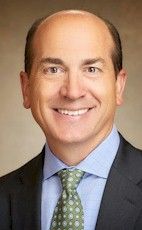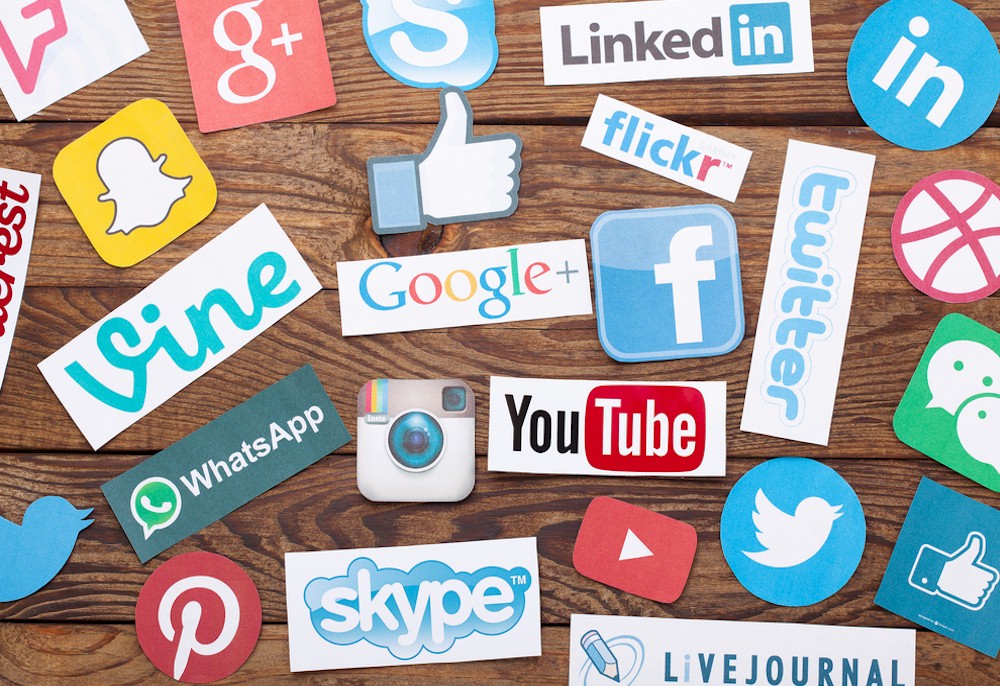Year after year, companies invest in off-site meetings and events to better enable their employees to build in-person connections. Face-to-face interaction has consistently been identified as a critical component to company growth, employee success and overall productivity. In my role at Hilton, I am consistently asking for feedback from my team of sales professionals and our customers. From those conversations, we see several trending themes across the meeting and events industry that we expect will continue to grow in importance in 2020. Let's take a look at what these important trends are... READ MORE
Does it make sense to adopt outsourcing as a strategy? Does it have a future? With asset management becoming a critical stakeholder driven role in business performance, outsourcing has been given a dose of steroids. By marrying key asset management strategies in the execution of an outsourcing exercise, predications of success have become better. Thus, the way forward looks bright for outsourcing and other asset management strengthened strategies as they seek to deliver the year on year growth that stakeholders seem to be obsessed about. Stakeholders could be laughing all the way to the bank with this approach to return on investment delivery. READ MORE
Sage Hospitality, founded in 1984, is one of the more innovative hospitality companies when it comes to the historic boutique hotel market. Though Sage also does ground-up new construction, the historic properties that have been developed by the company are iconic. Examples include the Blackstone Hotel, situated overlooking Grant Park in Chicago and host to American presidents and gangsters alike, and Crawford Hotel at Union Station in Denver, which lights up downtown with its neon "Union Station – Travel by Train" sign, among others. READ MORE
Once your hotel has mastered social media monitoring, it is time to take your efforts to the next level. Social media listening is a proactive approach that allows your team to analyze what others are saying about your brand and your market. Effective social media listening can improve your hotel's social media account performance and enhance your entire marketing strategy as a whole while helping your marketing team make educated decisions that yield optimal results. Investing in social listening will help your hotel be in tune with how past, present, and future/ potential customers truly feel about your brand. READ MORE
In the world of hospitality marketing, nothing emphasizes a faster change in popularity or trends than social media. When brands strategize to secure business with a wide range of consumers, those who implement comprehensive social media strategies with newly launched, lesser-known or up-and-coming platforms are rewarded, while those sticking to traditional organic posts may earn a reputation as less hip and less accepting of a growing younger audience of travelers. Understanding the sleeping giants of social media - Reddit, Twitch, TikTok and GIPHY - will help the hospitality industry grow their social media savvy to keep and win customers in the social media age. READ MORE


 LIBRARY ARCHIVES
LIBRARY ARCHIVES 















